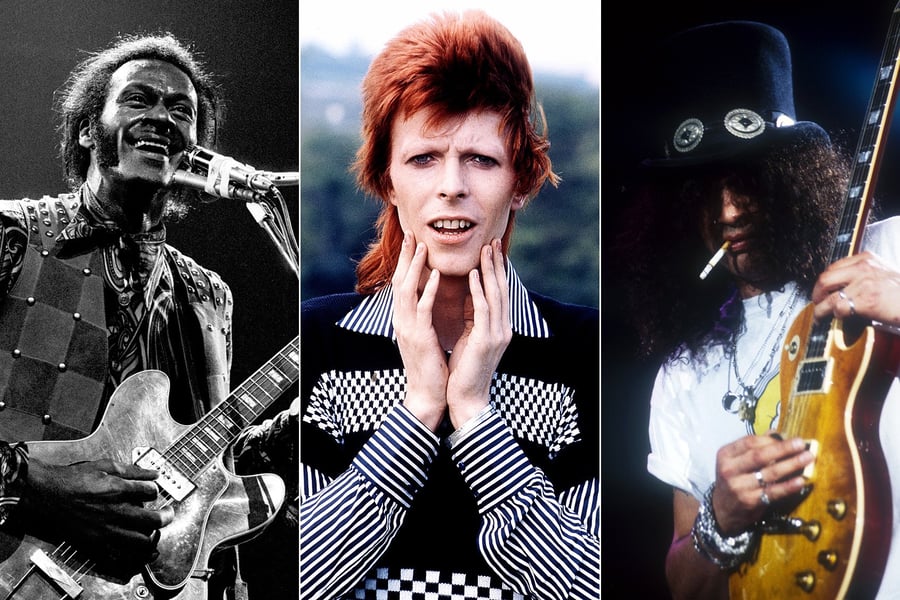The 50 Greatest Rock Memoirs of All Time
Awesome rock & roll reads, from Keith Richards and Patti Smith to Slash and Nikki Sixx

Chris Foster/REX/Shutterstock, R Bamber/REX/Shutterstock, Andre Csillag/REX/Shutterstock
Funny thing about rock & roll memoirs: They tend to have the same plot. Our heroes begin with big dreams about making it as rock stars. There’s the sleazy bars, the cheap motels, the shady managers. Then they get a taste of the big time: hit records, limos, drug orgies, groupies, diseases, the works. What could go wrong? Craaaash! But, hey, Elizabethan revenge tragedies all have the same plot too, and nobody complains when the royal family gets butchered in the final scene. Great rock memoirs don’t always come from great artists: Sometimes it takes one-hit wonders, losers, hacks, junkies, crooks. Every rock & roll character has a story to tell. Here are 50 of our favorites.




















































































